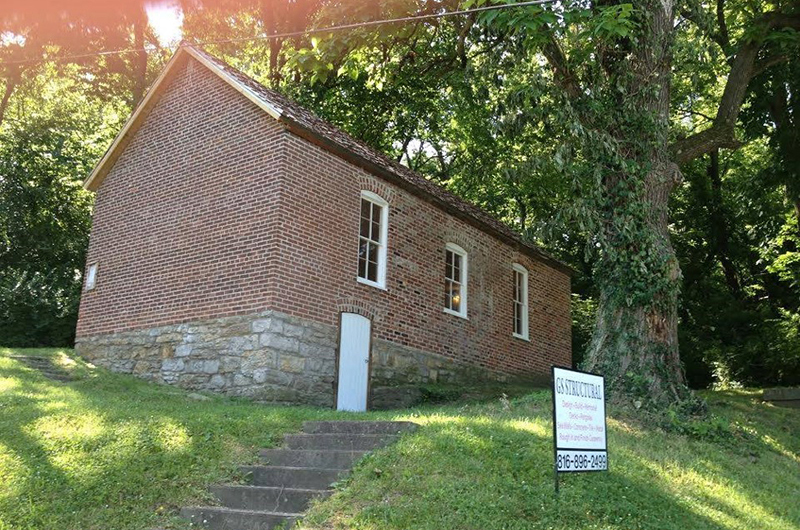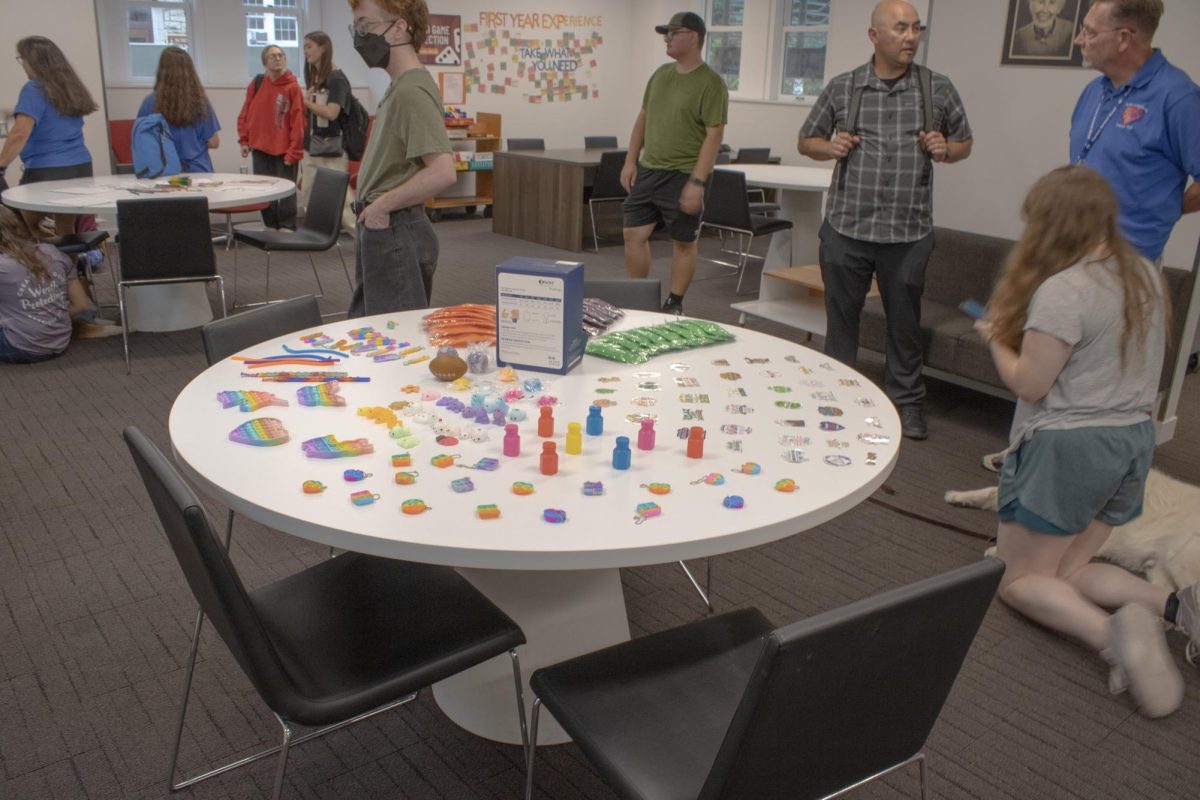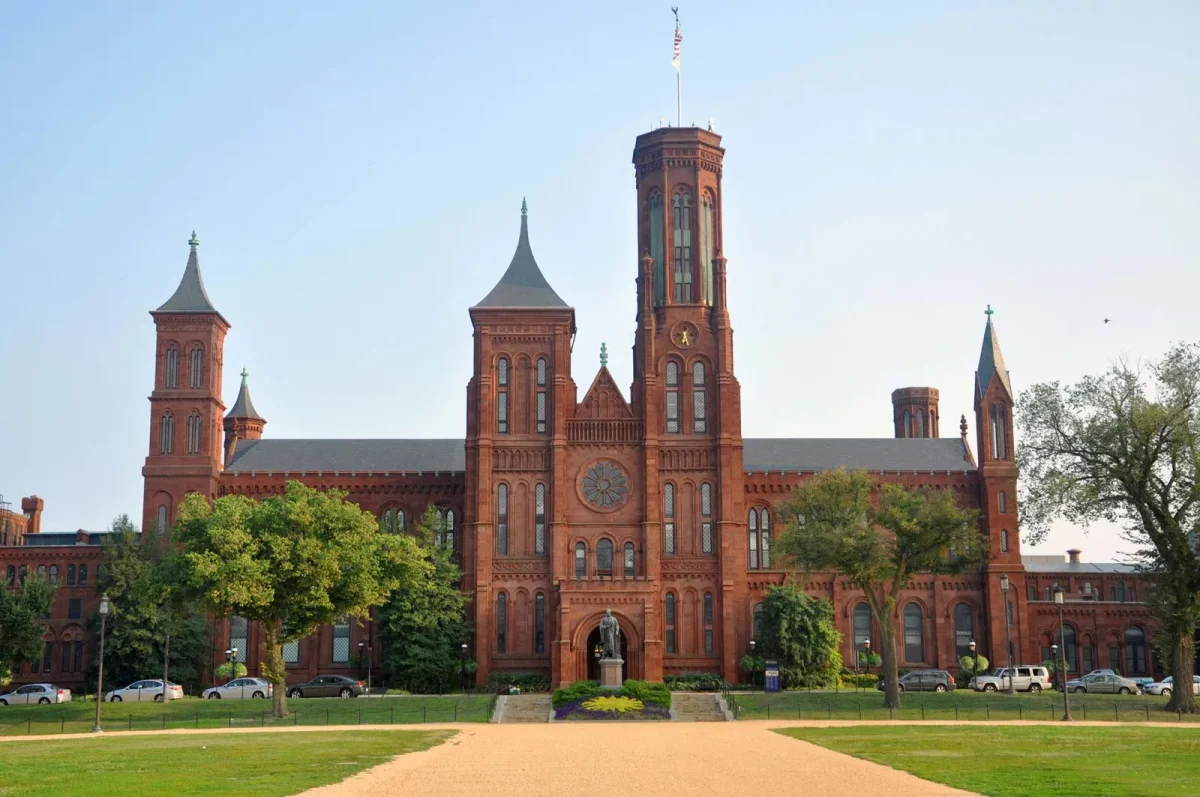The Higher Learning Commission swept onto the Park University campus Nov. 18-20 for an extensive review process that can determine the accreditation future of the institution.
The goal of the HLC is to ensure that institutions are living up to their standards and providing students with a quality education.
While the commission has not released the official results as of yet, they did provide Park with their verbal assessment that included the university’s strengths and challenges to tackle in the future.
Faculty members that were a part of the self-study boards were proud of the results from the review.
“What’s important to remember is that this visit was not a ‘bad’ thing,” said Adam Potthast, assistant professor of philosophy. “In fact, to me, it was exciting to be a part of the process.”
From the verbal report, it is apparent to see that Park had more strengths than challenges.
“Challenges are not bad things,” Potthast said. “I’m excited to be a part of the problem solving process,” Potthast said.
While the three-day visit was overall positive, according to faculty members, it wasn’t without drawbacks.
“It was somewhat stressful to prepare for,” said Lora Cohn, associate professor of communication arts. “But I learned a lot about Park and about changes I need to make in my own teaching and committee work, to help Park and Park students succeed.”
For the board members that were involved in preparing for the HLC visit, their week consisted of multiple meetings with the committee.
“I attended meetings with different members of the site visit team,” Cohn said. “The assessment committee had a couple of meetings where we talked about what we were doing in terms of assessment. The meeting with the graduate school folks centered on how we ensure rigor in our graduate classes and how we draw distinctions between them and the undergrad classes. Generally the people from the committee were friendly and open about their concerns. I thought in the meetings I was in, the faculty were really good about answering their questions.”
The self-study was created as a guide for the HLC committee to see how Park actually performed versus how they believe to perform.
“Something like 80 percent of faculty and staff said that they were proud to work for Park,” Potthast said. “Upon their visit, it was evident to the HLC committee that this was true.”







